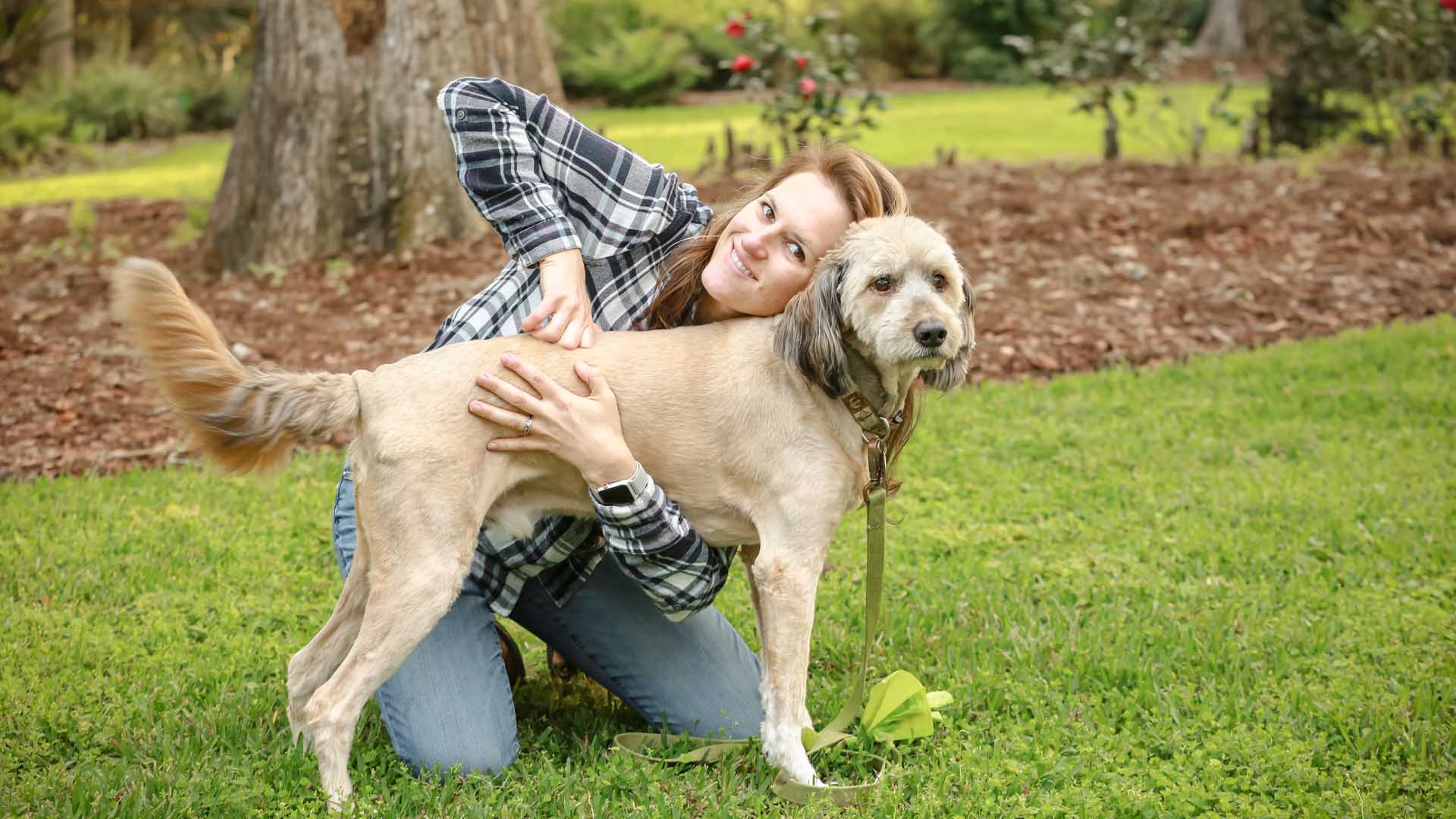The emotional world of animals is a complex and intriguing realm that is slowly being unraveled through scientific research. Studies increasingly show that many animals possess a level of emotional intelligence that allows them to form deep bonds with their human caretakers and other animals. They also exhibit signs of grief when they lose a loved one. In this blog post, we will delve into the emotional intelligence of animals, how they mourn, and ways you can help boost the mood of your pet during such challenging times.
1. Emotional Intelligence in Animals
Emotional intelligence in animals is the ability to recognize and respond to their own emotions and the emotions of others. Animals such as dogs, cats, horses, and even birds can form strong emotional bonds with humans and other animals. They show signs of joy when their loved ones return after being away, stress when separated, and grief when a companion dies.
2. Animal Mourning
Animals, like humans, can exhibit behaviors indicative of mourning. These behaviors can include a lack of appetite, lethargy, changes in sleep patterns, and even signs of depression. They may also search for the deceased companion or visit spots where they spent time together. These behaviors indicate that animals can indeed experience a form of grief.
3. Supporting a Grieving Pet
Recognizing that your pet may be in mourning is the first step in helping them navigate this difficult time. Here are some ways you can support your pet:
– Maintain Routine: Keeping to a regular schedule can provide comfort and security during this time of change.
– Provide Extra Attention: Spend more time with your pet, offering comfort through touch, play, and conversation.
– Encourage Healthy Eating: If your pet’s appetite is low, try enticing them with their favorite foods or new, healthy treats.
– Consult a Vet: If your pet’s behavior changes drastically or they seem unwell, consult your vet. They can rule out any physical health issues and provide guidance.
– Consider Companionship: If your pet has lost a fellow pet, consider adopting another companion when the time feels right. Remember, every animal is different, and what works for one might not work for another.
4. Boosting Your Pet’s Mood
Boosting your pet’s mood can be achieved through various activities that stimulate them physically and mentally:
– Exercise: Regular exercise can help reduce stress and anxiety.
– Enrichment Activities: Interactive toys, puzzle feeders, and new experiences can stimulate your pet’s mind and provide a positive distraction.
– Positive Reinforcement: Reward your pet for positive behaviors. This can help them associate positive emotions with their current environment.
– Aromatherapy: Some pets may respond positively to calming scents like lavender. Always consult your vet before introducing new substances to your pet’s environment.
Understanding the emotional intelligence of animals deepens our connection with our pets and allows us to provide the support they need during difficult times. Animals are capable of deep feelings, including grief, and deserve our compassion and empathy. By providing a stable environment, extra attention, and mood-boosting activities, we can help them navigate their way through the loss and find joy again. After all, in supporting each other, we strengthen the bond we share with our beloved pets.

